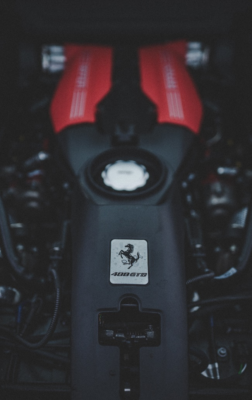Diesel exhaust filters, also known as diesel particulate filters (DPF), are devices designed to remove particulate matter (PM) or soot from the exhaust gases of diesel engines. These filters are an important component in modern diesel engine emissions control systems, as they help reduce harmful pollutants emitted into the environment.
The primary function of a diesel exhaust filter is to trap and collect the fine particles of soot that are produced during the combustion process in a diesel engine. These particles can be hazardous to human health and contribute to air pollution. The filter consists of a porous ceramic or metal substrate with a honeycomb-like structure, which allows the exhaust gases to flow through while capturing the particulate matter.
As the gases go through the filter, the soot particles become trapped on the filter’s porous walls. Over time, the accumulation of soot can lead to clogging and increased exhaust backpressure, which can negatively impact engine performance and fuel efficiency. To prevent this, the diesel exhaust filter employs a process called regeneration.
Regeneration involves periodically burning off the trapped soot particles to keep the filter clean and maintain its effectiveness.
Types of regeneration
There are two main types of regeneration: passive regeneration and active regeneration.
Passive regeneration
This occurs naturally during normal engine operation when the exhaust gases reach a certain temperature. The high temperatures enable the collected soot to burn off without any external intervention. Passive regeneration is more likely to occur during sustained highway driving or under heavy load conditions where the exhaust gas temperatures are higher.
Active regeneration
If the exhaust gas temperatures aren’t consistently high enough to initiate passive regeneration, active regeneration is employed. Active regeneration involves raising the temperature of the exhaust gases to burn off the accumulated soot. This is typically achieved by injecting additional fuel into the exhaust system or using electric heaters to increase the temperature. Active regeneration can be controlled by the engine management system and may occur while the vehicle is stationary or during certain driving conditions.
Diesel exhaust filters have become a mandatory component in many regions. They significantly reduce particulate matter emissions, helping to improve air quality and minimize the impact of diesel engines on the environment and human health.
30 Minute DPF Clean offers the best DPF filter cleaning service
30 Minute DPF Clean’s top-of-the-line DPF cleaning services remove soot, ash, as well as other byproducts to ensure optimal performance for diesel engines.
Get in touch with us directly for more information on our DPF cleaning service!


